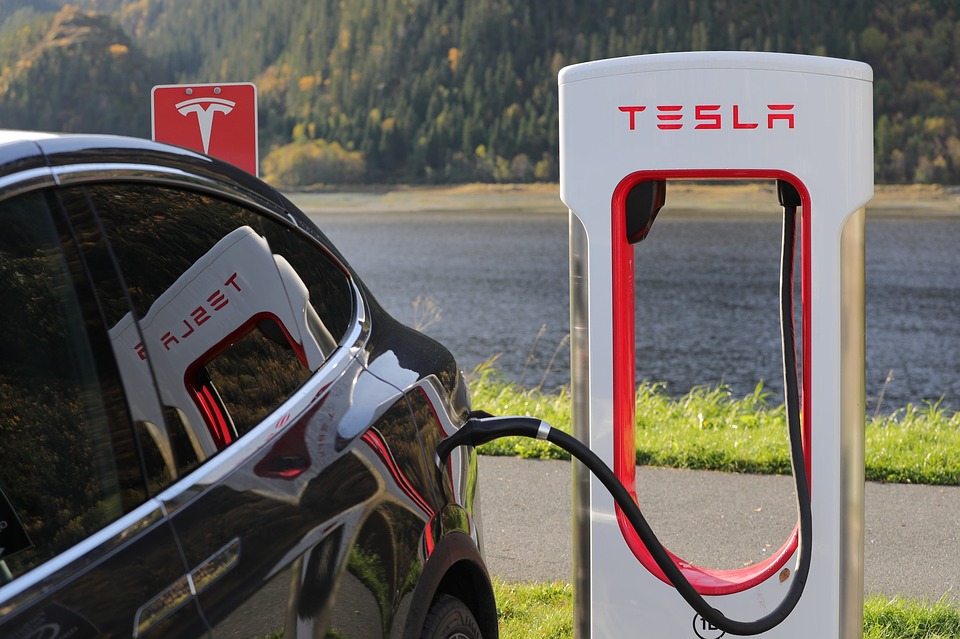
Electric cars are the future of automobiles, but they have remained relatively expensive. Soon electric cars will be all over the roads, but insurance costs are still sky high. While the industry is moving further and further towards electric vehicles, the prices of insurers are no reflecting this shift. The Tesla Model 3 has become the third most popular car in the United Kingdom, and electric car sales doubled in the country over the past year. Surely has the demand for electric vehicles continues to go up the cost of insurance will decrease. Yet prices for insurance are still very high, even as electric-powered automobiles become the cars to get. Why is that?
Popularity of Electric Cars
While they have been slow to infiltrate the market, people know that fuel powered petrol and diesel cars are not sustainable. Nor are they practical. Slowly but surely electric cars are becoming popular and enticing. As they have increased in demand, they get cheaper. These cars are still expensive but they show signs of becoming more reasonably priced. Tesla started with high-end luxury vehicles and is working their way down to economy automobiles.
Electric Cars & the Price of Insurance
When you buy an electric car, you are facing higher premiums than anywhere else. Most have an annual premium that can be as high as £116. On average, electric cars are 14 percent more expensive to insure than similar petrol or diesel models. 2 million electric cars are set to be on the roads by 2025, and this means that insurance companies will take in an additional £231 million a year. Needless to say, they don’t want to lose these profits.
While electric-powered vehicles are cheaper to charge than it is to fill up a traditional car with fuel, other factors make electric cars not as cost effective as they should be. Mostly this has to do with insurance. If you compare electric car premiums with those on an equivalent model to an internal combustion engine the greener choice costs more.
Why is it Higher?
Cost are higher for plug-in cars usually because they are much more expensive according to the specialists at the site MoneyPug, which is commonly used in the UK to compare car insurance. In addition, the cost to repair these cars is higher. There is simply a short supply of mechanics to fix them, which is a paradox of electric automobiles. They reduce cost in the long-run, but it will be significantly more expensive in the beginning.
The idea of paying more money to insure a car that is safer is counter-intuitive, but it is difficult to measure the insurance risks of these vehicles, especially if they’re like Tesla and have components of the car that are automated. With self-driving and electric cars coming onto the market at relatively the same time, if you have both insurance will be quite costly. Vantage Leasing compare costs of electric vehicles and fuel-based cars to determine which are more expensive and they found that battery-powered cars are around 18 percent more costly to insure than a model with a petrol or diesel engine.
Compare to the UK, in the US electric vehicles are about 21 percent more expensive to cover than similar models that run on fuel. Furthermore, Australian insurers do not differentiate between fueled vehicles and electric cars when they set premiums for compulsory third-party insurance. While the owner of the car must have this insurance, companies are offering comprehensive coverage that includes theft, fire, third-party damage, and more. Discretionary insurance doesn’t differentiate on the basis of whether the car is electric or fuel-based.
New Options
With the insurance market being so expensive, it is no surprise that new options are popping up. For example, Tesla is offering their own insurance that they say is around 20-30 percent cheaper than the average policy. They also know their cars the best. It is a good move considering insurance for their automobiles is so pricey. If prices remain the same, you can expect other options like this to become available.
However you look at it, electric cars are the future and there is no stopping the future. You can either embrace it or fight it, and those who embrace it will make a lot more money by attracting customers with reasonable insurance rates. As prices for battery-powered vehicles goes down, so will insurance costs.
